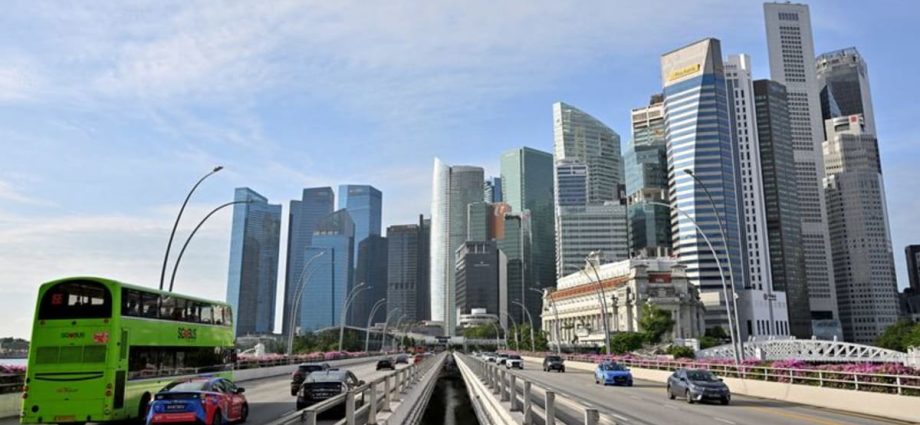
CONCERNS RAISED
Twelve MPs rose to ask for clarifications during the debate, although only Non-Constituency Member of Parliament Leong Mun Wai objected to the Bill.
Several MPs wanted a clear definition of “national security interest” and raised questions about safeguards against abuse of ministerial powers. They also highlighted concerns that the law would have a dampening effect on foreign direct investments into Singapore.
DEFINITION OF NATIONAL SECURITY
MPs pointed out that the concept of national security was fundamental to the Bill, but had not been explained or defined clearly.
Nominated Member of Parliament Raj Joshua Thomas noted that different legislations have defined national security interests slightly differently.
“While it may appear pedantic, it is important for us to have consistency of definitions across statutes, especially when the use of a particular term or particular similar terms confer wide-ranging powers to the respective minister as it does in this Bill,” he said in parliament.
A clearer definition would also give guidance to the Office of Significant Investments Review, while helping companies to avoid being “inadvertently caught” by the provisions of the Bill, he added.
NMP Neil Parekh Nimil Rajnikant also asked for clarification on what constitutes national security interests.
“I ask for this clarification as in many other jurisdictions, the ambiguity surrounding this definition has led to significant losses for investors,” he said, without giving specific examples.
Associate Professor Razwana Begum Abdul Rahim, also an NMP, said it may not be feasible to include a definition given the ever-changing nature of national security.
However, she asked if the Ministry of Trade and Industry (MTI) would consider developing an “evidence-based, robust and flexible risk-assessment tool” that can be used across ministries to identify what is and is not an issue of national security.
During Mr Gan’s closing speech, he said he initially wanted greater clarity as well, but changed his mind after extensive deliberations internally and with advisers, and after studying legislation introduced overseas.
“I came to a conclusion that (sometimes) less is more, especially in today’s world where the global landscape changes very quickly,” he said.
“Providing a specific definition of national security or specific examples of such threats would not only constrain our ability to act quickly to address new risks that may emerge over time, but also expose Singapore’s vulnerabilities,” said Mr Gan.
He said that in the context of this Bill, national security would cover areas critical to Singapore’s sovereignty and security, including its economic security and the continued delivery of essential services.
He also said that MTI had reached out to all the entities being considered for designation as critical entities over the last few months, and is discussing ways to mitigate regulatory impact.
“I would encourage members not to speculate at this point which particular entity will be designated,” he said.

